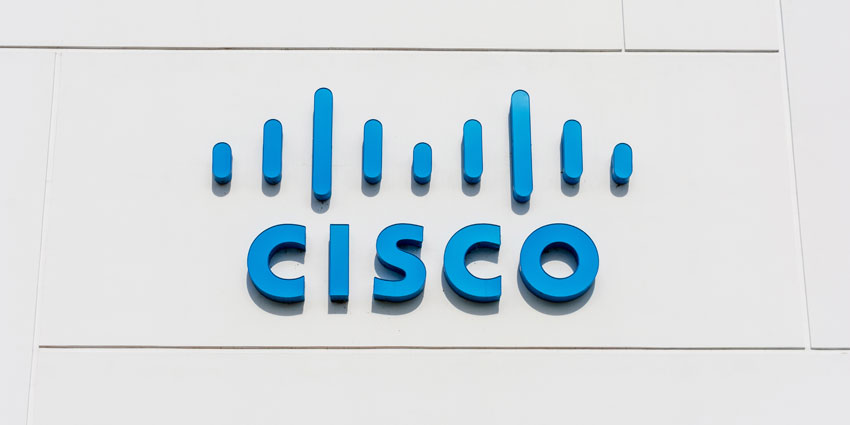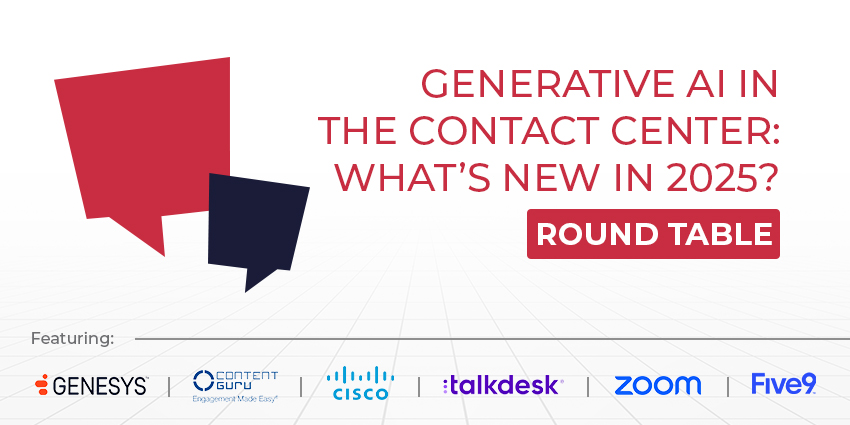The contact center is the “face” and “voice” of most businesses, capable of generating memorable experiences and driving customer loyalty.
Indeed, every interaction, from sales calls to complaints and service requests, plays an essential role in ensuring a company’s success.
Contact centers are also hubs of information. They’re environments brimming with valuable data points, capable of taking company strategies to the next level.
However, the more information companies collect within the contact center, the more pressure they’re under to ensure their practices are secure and compliant.
In an environment where 96% of contact centers admit they face challenges in maintaining compliance, it’s crucial for business leaders to have the right strategy in place.
Here are some critical compliance considerations business leaders need to assess when building a contact center.
1. How and When Is Data Recorded?
Contact centers are home to endless volumes of data. Every message, call, and interaction offers new insight that companies can leverage. While a lot of the data collected in a contact center is helpful, it’s also highly sensitive.
With this in mind, companies must ensure they’re cautious about how they record data and what information they collect.
After all, several industry regulations restrict the collection of specific types of information, such as payment details.
Indeed, PCI regulations prohibit contact centers from obtaining credit card information, so organizations must ensure they’re omitting this information from their recordings and databases whenever possible.
Failure to adhere to PCI rules and similar data capture guidelines can expose companies to fines, fraud charges, and more.
Businesses must also create data collection and management policies across each contact center channel to keep consumers safe.
2. Do Customers Know What Data You’re Collecting?
Aside from removing specific data from their ecosystem, businesses must also ensure they’re transparent about their data collection processes. Guidelines like GDPR require all companies to let their customers know if they’re gathering information for training or customer service purposes.
Moreover, all contact centers should build strategies that automatically inform users whenever they record a call or conversation.
Additionally, companies should allow their consumers to choose when they want their data removed from records.
If companies fail to comply with the monitoring disclosure requirements in their industry, they risk class action lawsuits, damage to their reputation, and expensive litigation.
IVR systems can deliver information about recording strategies to customers directly. Alternatively, operations must train agents to provide transparent information during contact center conversations.
3. How Are You Training Agents?
Contact center agents are under significant pressure, particularly in today’s high-octane omnichannel CX landscape. However, agents must still behave ethically when interacting with customers.
Training agents to speak calmly, use non-violent language, and maintain their composure in any situation is critical.
Proper training not only helps to protect companies from a damaged reputation and poor customer satisfaction scores, but it can also be essential for compliance.
For instance, the FDCPA mandates all debt collectors must not abuse, oppress, or harass defaulters.
Also, countries worldwide have specific regulations to ensure BPO providers and call centers use appropriate language when connecting with customers.
4. Who Has Access to Sensitive Information?
Access controls are crucial to maintaining security and privacy levels in the contact center. Most service environments employ a large workforce, and every team member is a potential threat to security if they can access personal and sensitive data. As a result, many companies implement strict policies to ensure data is available on an as-needed basis.
Following a zero-trust security model with least-privilege access policies helps businesses to protect themselves from inside threats and data leakage.
Moreover, specific regulations like the PCI standards require contact center leaders to be cautious when determining which employees should access particular pieces of customer information.
Implementing data access policies correctly, with two-factor authentication and high-level security standards, will help businesses avoid data issues and even make tracking the source of data leaks and breaches easier.
5. Do You Use Automated Technology Compliantly?
Automation can be a valuable tool in the contact center, suitable for boosting agent productivity. With the right tools, lower contact volumes and handling times.
However, business leaders must make sure they’re upholding the privacy and contact rights of consumers.
The Ofcom group in the UK can fine companies for the persistent misuse of automated dialing tools, where businesses call customers several times a day.
Organizations must also ensure they follow the guidelines implemented by regulatory bodies, which dictate how contact center agents use automated diallers and similar technology.
6. Are There Key Industry Compliance Issues to Address?
A contact center’s privacy, security, and compliance rules will vary from industry to industry. Each company needs to know which specific regulations are relevant to its organization.
For instance, the HIPAA act in healthcare requires organizations to store health-related information as securely as possible.
Yet, it’s not just the healthcare sector that has specific compliance guidelines to consider, however. There are rules for those in finance, debt collection, insurance, and other spaces.
Before creating a contact center compliance strategy, each business leader should research the local, federal, and sector-specific guidelines relevant to their company.
7. Is the Network Fully Secured?
Many regulatory bodies require companies to show evidence they’re doing everything within their power to protect sensitive customer data. Companies that handle customer payment data are liable for safeguarding this information. Every business leader must ensure they have the proper security standards to protect their consumers and boost their compliance.
Organizations should start by looking for contact centers that offer excellent encryption, access control, and data sovereignty support.
However, it may also be necessary to implement additional security strategies, such as firewalls, anti-malware and anti-virus software, and network monitoring systems.
Eager to create a compliant BYOD strategy for your contact center? If so, read our article: Solving the Problems of BYOD







